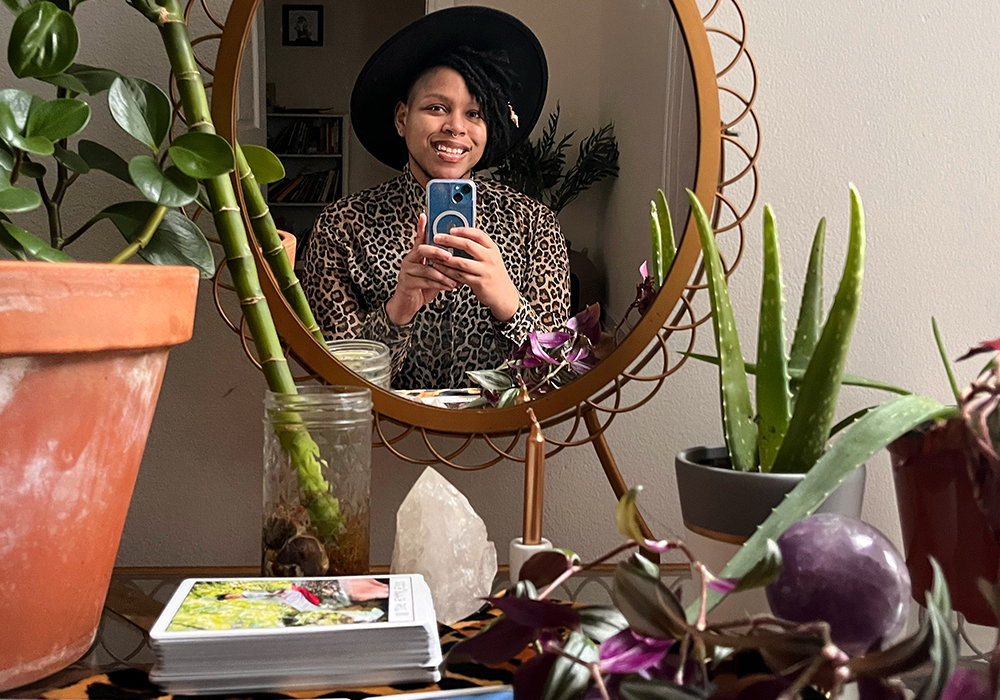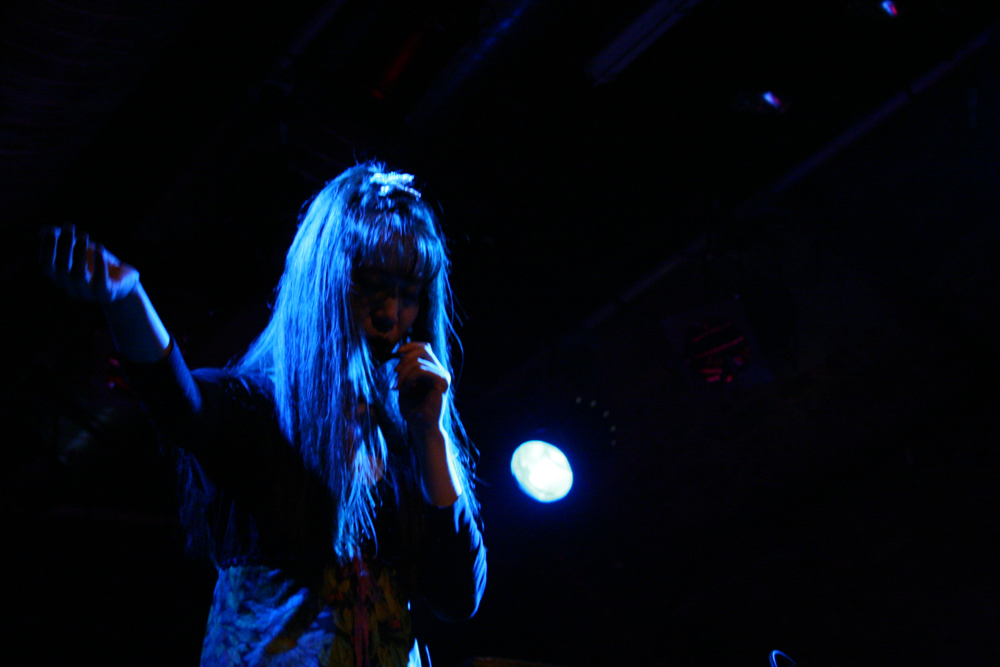
Altar: Odes to the Lost/ never lost Introduction
Leah Lakshmi Piepzna-Samarasinha
Introducing and setting intentions for a crip grief transformation and witness altar. A place to sit and breathe, remember our dead, wash our hands and leave offerings to and for loved ones we’ve lost – and for ourselves.












